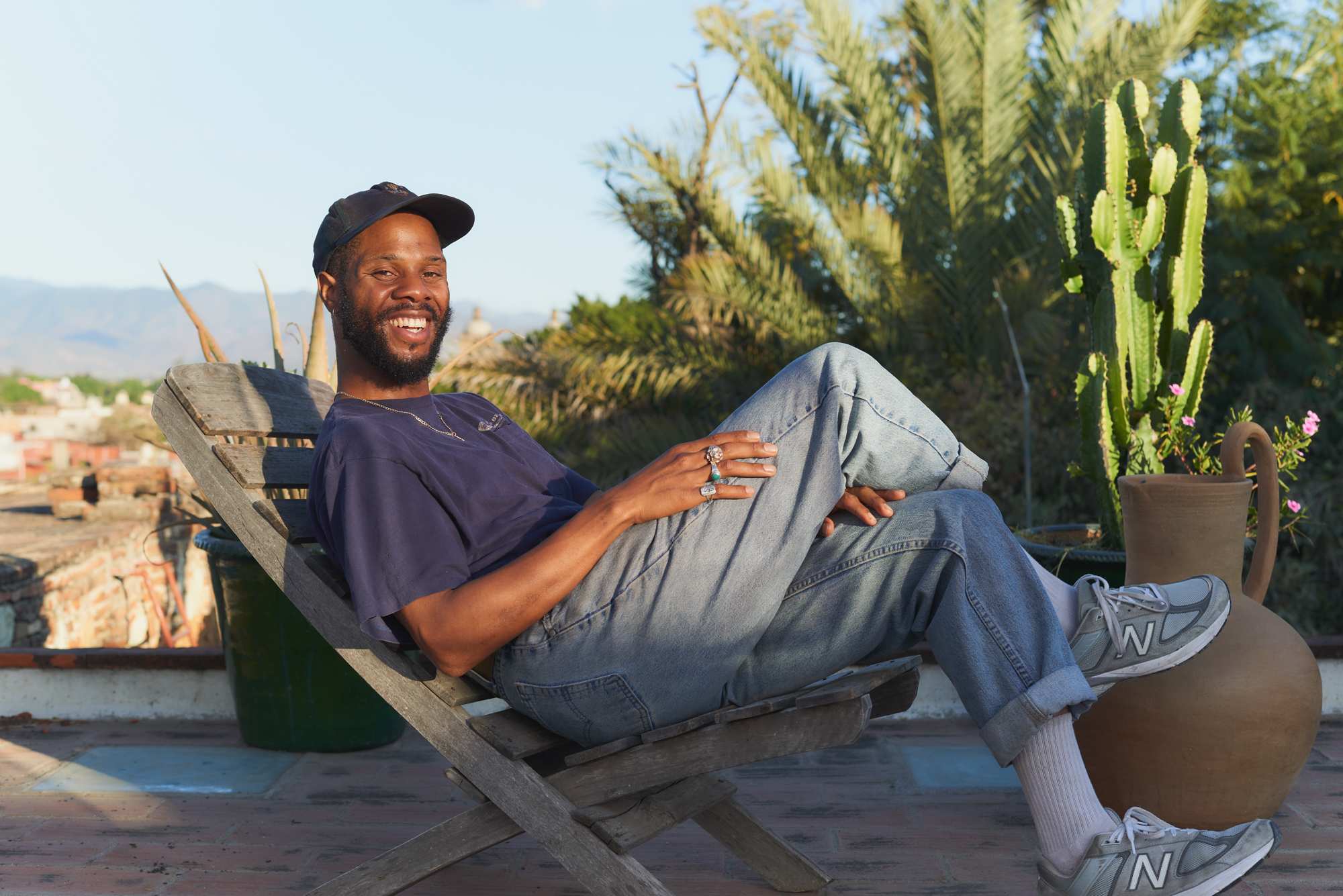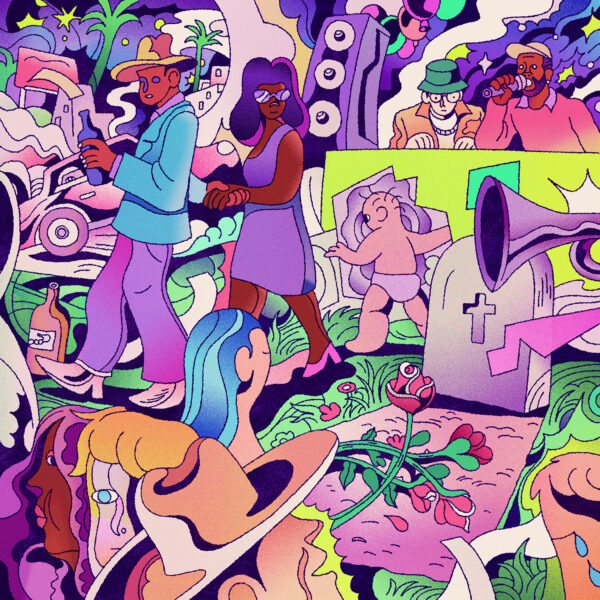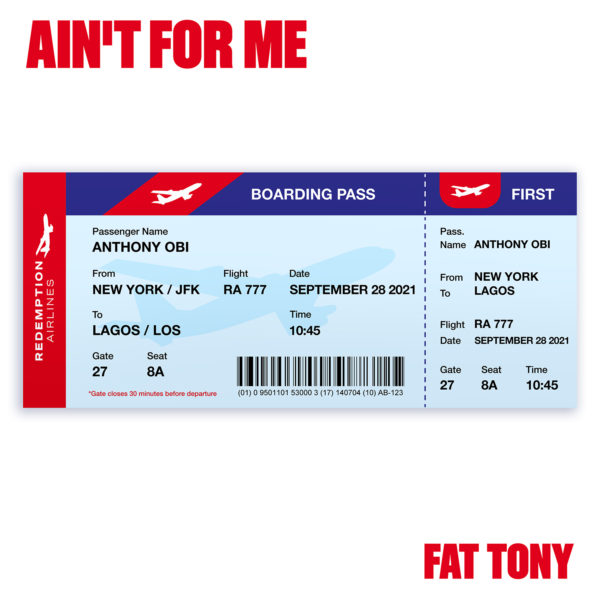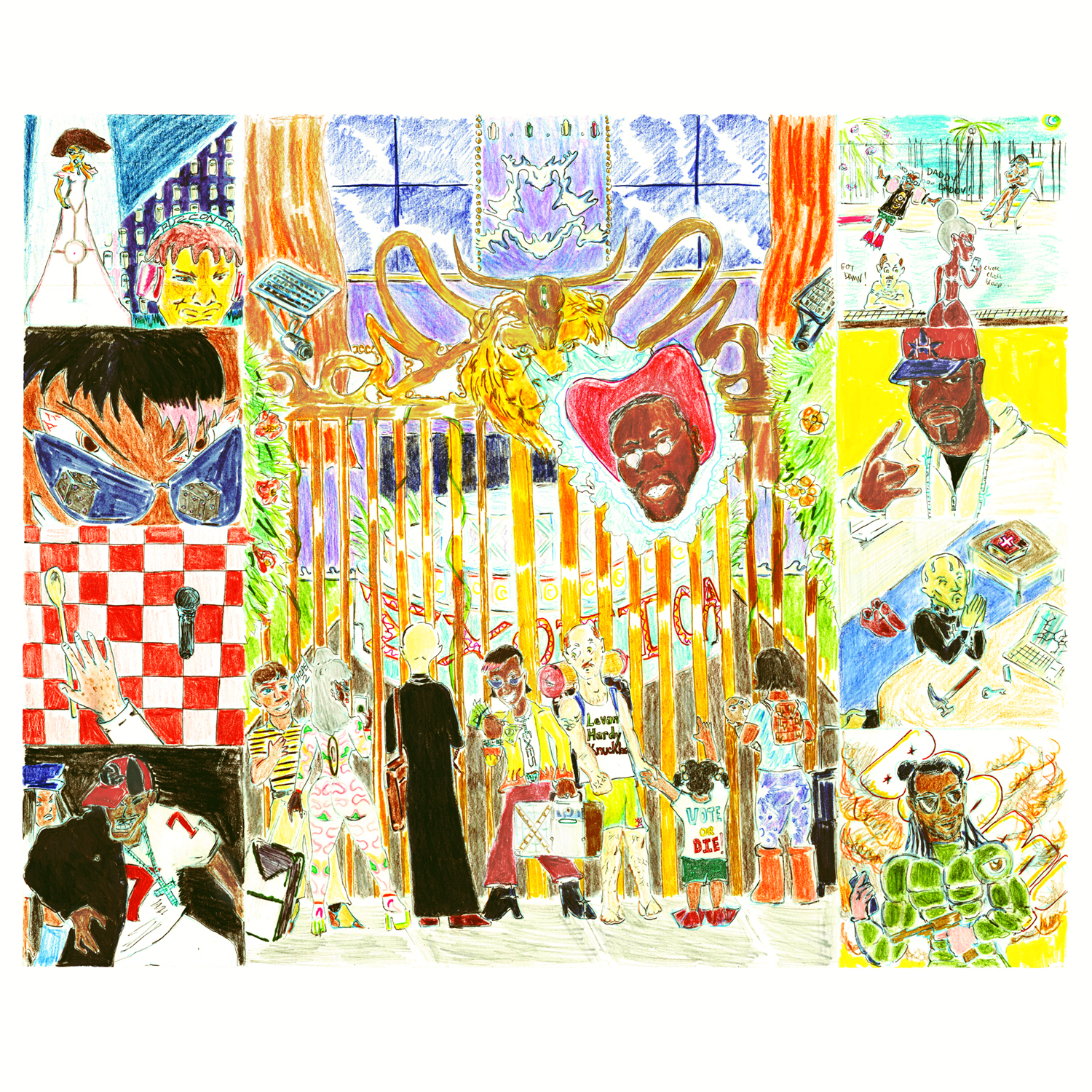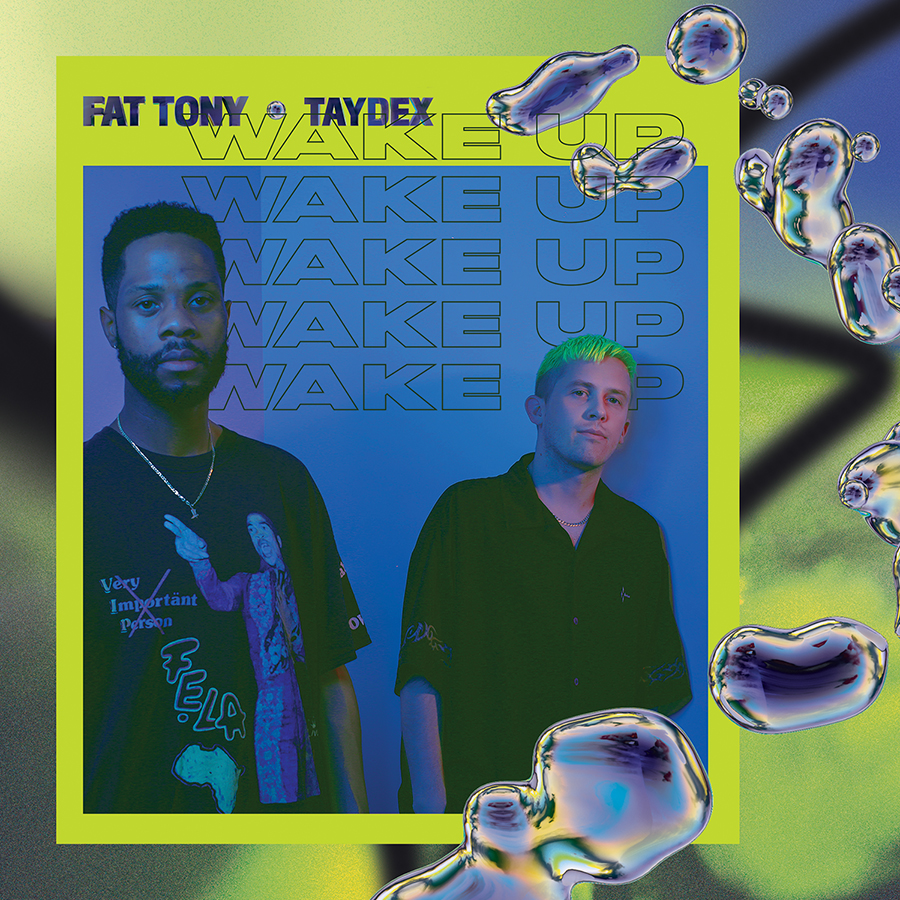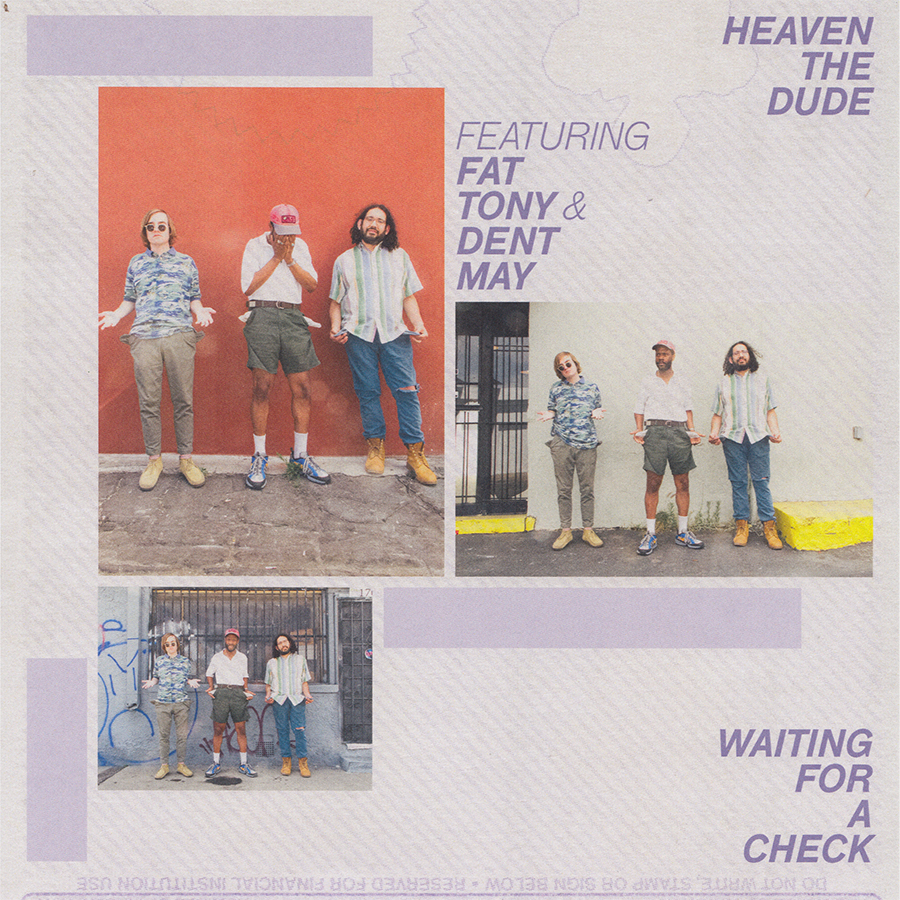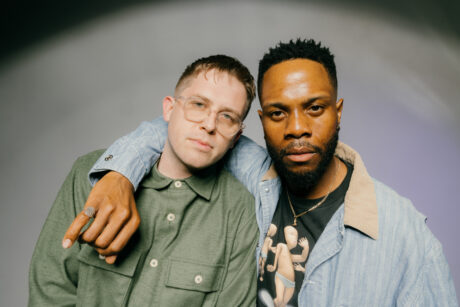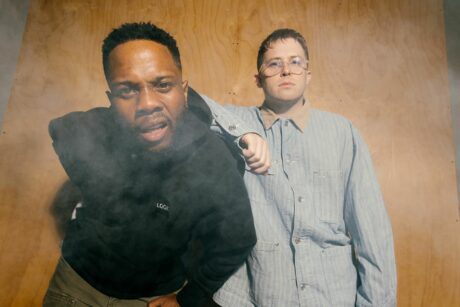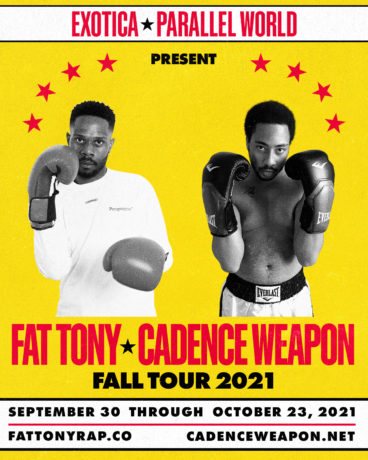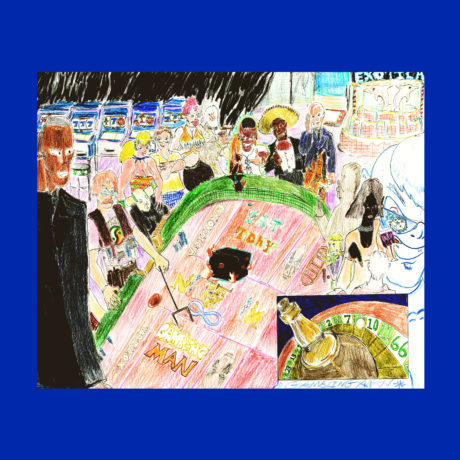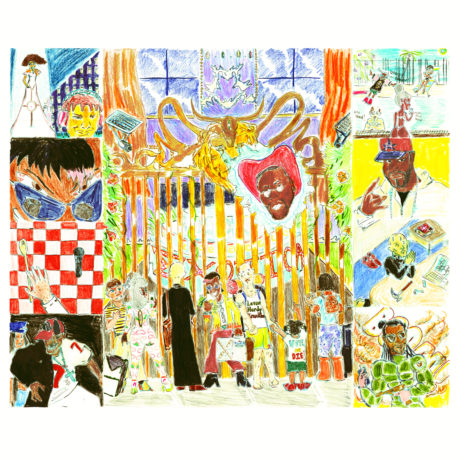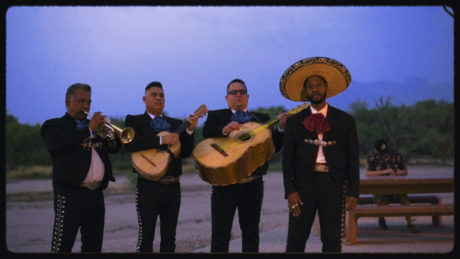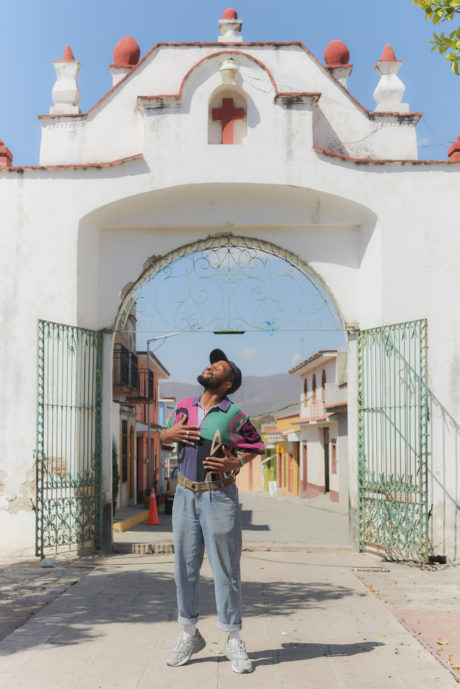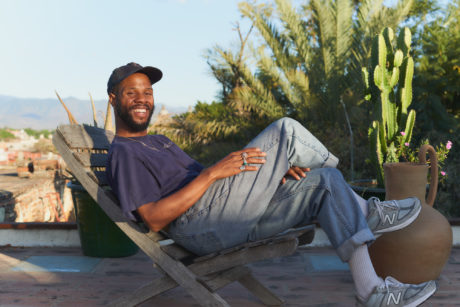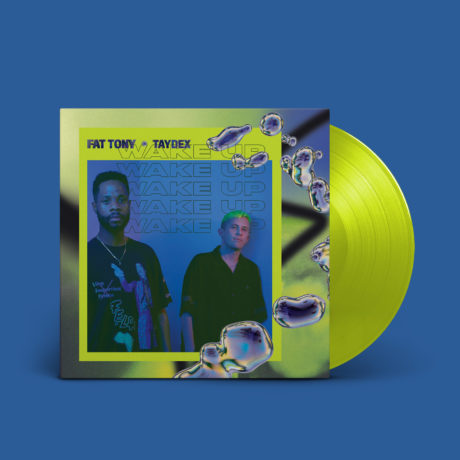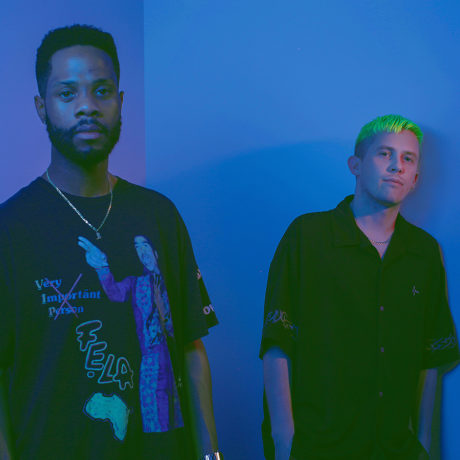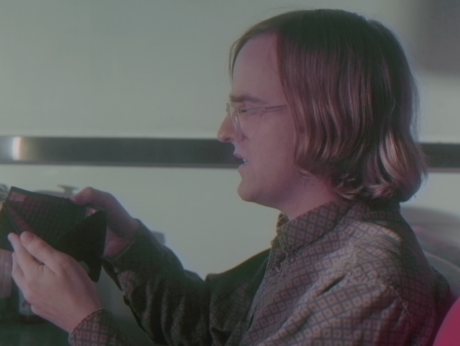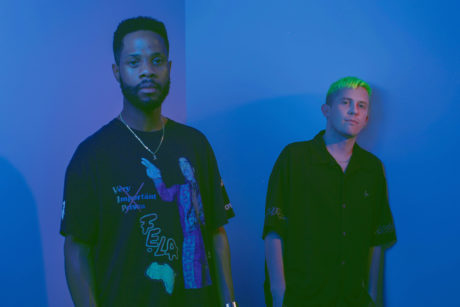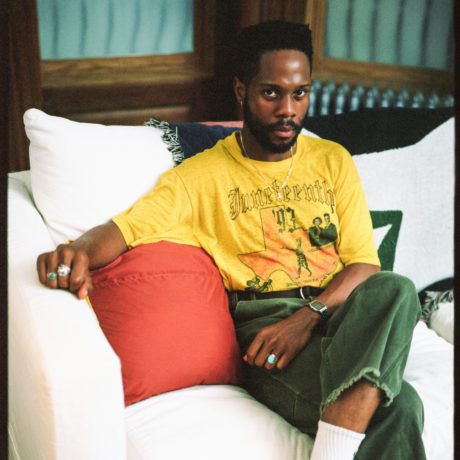Somewhere between DJ Screw and Bad Brains, De La Soul and Scritti Politti sits Houston’s native son, Fat Tony. For the last decade, Anthony Lawson Jude Ifeanyichukwu Obiawunaotu has been everywhere: from star-making turns on the first A$AP Rocky mixtape to hosting shows on Viceland and Super Deluxe, to co-founding a DIY culture magazine to playing every worthwhile rap party in America and burning the stage down every single time. A singular and experimentally-minded rap artist adept at both traditional regional styles and indie pop, hardcore thrash, and melodic candy-painted bangers. He is punk in the platonic sense of the word: experimental and subversive, but also funny, whimsical, and virtuosic.
Over the course of more than a half-dozen LPs, and countless other short-form gems and collaborations with everyone from Das Racist to Bun B, Fat Tony has reimagined and blurred the boundaries of hip-hop. There are a few things you can depend on in this schizophrenic world. About once or twice a year, Fat Tony will drop an album and it will sound like nothing that he has done before. There’s a spirit of creative restlessness and intelligence that runs through his deep discography. He is a national treasure, one of those rappers destined to seem forever underrated until you ask around and realize that everyone in their right mind likes Fat Tony. He is the Whataburger of rappers: if you know you know.
Raised in Houston’s historically black and culturally radical neighborhood, the Third Ward, Tony’s mom and teachers educated him from the get-go about how this was the regional cradle for the Black Panther Party — and how BP hero, Carl Hampton, was murdered by the Houston Police Department. It was an environment where social awareness and Pan-Africanism were always around and celebrated. His childhood home was filled with records—country music, King Sunny Adé, and Jimmy Cliff from his father’s collection, his mother’s classical music, rock, and soul, and his granny’s gospel. Then as a teenager, empowered by the internet and his discovery of independent artists like E-40, Bikini Kill, and Bad Brains, Fat Tony began recording and distributing his own music. Heavily influenced by renowned Texas rappers like UGK and Scarface, Fat Tony started playing and organizing live shows at a time when there wasn’t much of a scene for young artists in Houston. He started booking bands of all types from all over, hand-making flyers for the shows and mailing them to addresses nabbed from the Carnegie Vanguard High School student directory.
His dedication to Houston’s rap scene earned him Houston Press Music Awards’ “Best Underground Hip Hop Artist” in 2008, 2009, 2010, and 2013. Primed for more national audiences, Fat Tony began taking his music on tour and collaborated with more artists around the country. His sonically unpredictable and emotionally vulnerable music has garnered praise from Pitchfork, The Fader, and Noisey. His achievements in rap have pushed him out of his comfort zone into other performance and hosting opportunities on TV and the Internet. This fall, Fat Tony releases Exotica on Carpark Records. It heralds his most visionary work yet, an ode to the art of storytelling through music. A rich and compact iteration of rap short fiction that firmly establishes him as his own one-man genre, the preeminent post-modern griot shooting game.
